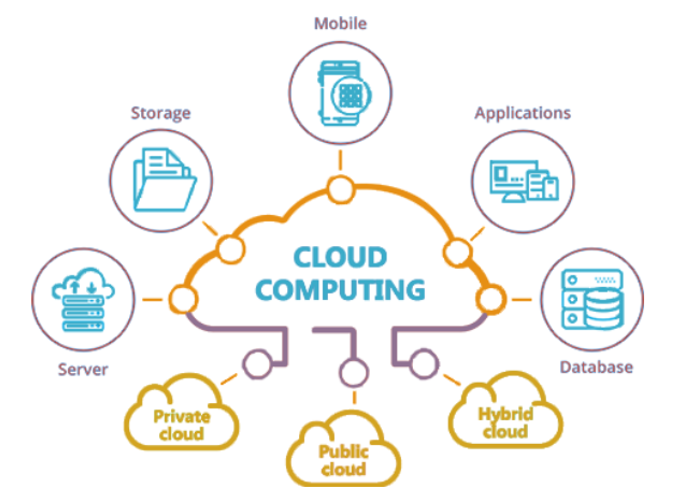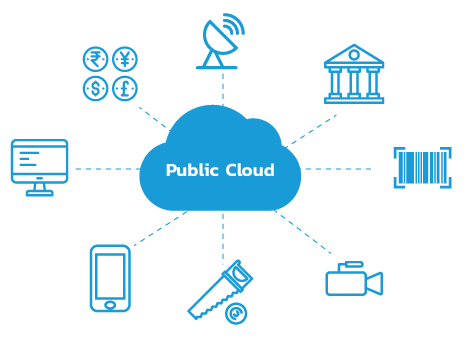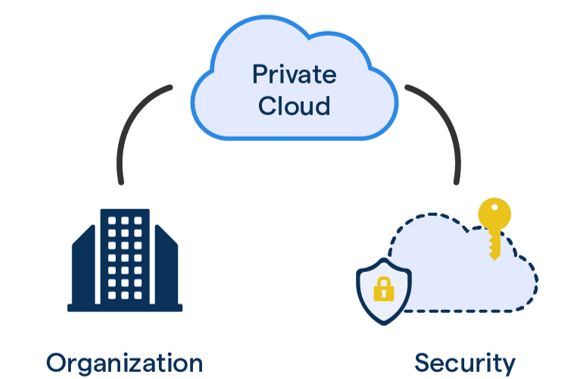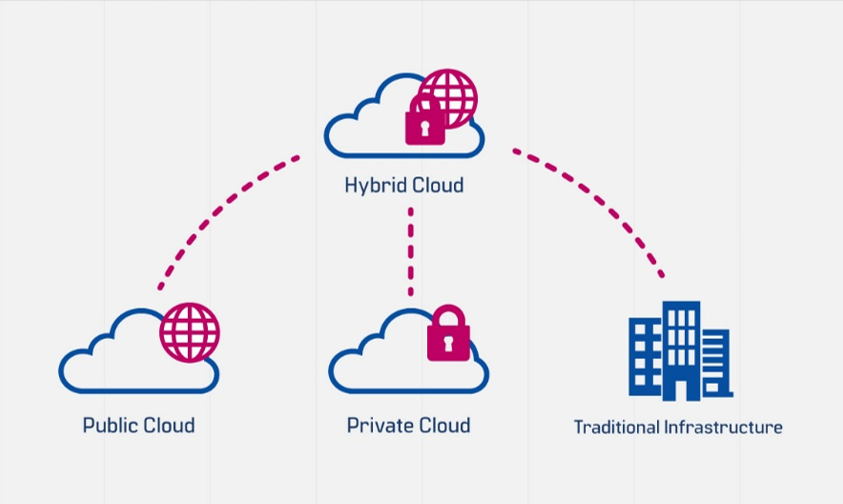Cloud Deployment Models: Public, Private, and Hybrid
 Banjoko Oluwadamife
Banjoko OluwadamifeIntroduction
Cloud computing has revolutionized the way businesses operate, offering scalable, flexible, and cost-effective solutions. Among the various cloud deployment models, public, private, and hybrid clouds are the most prominent. Each model has its unique characteristics, advantages, disadvantages, and use cases. This paper explores these three cloud deployment models, providing insights into their functionalities and appropriate use cases.

Types of Cloud Deployment
Public Cloud.
Private Cloud.
Hybrid Cloud.
Public Cloud
Definition and Characteristics The public cloud is a cloud computing model where services are delivered over the internet by third-party providers such as Amazon Web Services (AWS), Microsoft Azure, and Google Cloud Platform (GCP). These services are available to anyone who wishes to use or purchase them, making them highly accessible.

Use Cases
Web Hosting: Public clouds are ideal for hosting websites and web applications due to their high availability and scalability.
Big Data Analytics: They provide powerful computing resources for processing and analyzing large datasets.
Development and Testing: Developers can quickly set up development and test environments without hardware constraints.
Advantages
Scalability: Public clouds offer virtually unlimited scalability, allowing businesses to scale resources up or down based on demand.
Cost-Effectiveness: Users pay only for the resources they consume, eliminating the need for significant upfront capital expenditure.
Maintenance-Free: The cloud provider is responsible for maintaining the infrastructure, including updates and security patches.
Disadvantages
Security Concerns: Shared infrastructure can lead to potential security vulnerabilities and data breaches.
Limited Customization: Public clouds offer limited customization options compared to private clouds.
Compliance Issues: Public clouds may not meet specific regulatory requirements for certain industries.
Private Cloud
Definition and Characteristics A private cloud is a cloud computing model where the infrastructure is dedicated to a single organization. It can be hosted on-premises or by a third-party provider. Private clouds offer greater control over the environment and are tailored to meet specific business needs.

Use Cases
Financial Services: Banks and financial institutions use private clouds to ensure data security and compliance with regulations.
Healthcare: Healthcare providers use private clouds to store and manage sensitive patient data securely.
Government: Government agencies use private clouds to maintain control over their data and comply with regulatory requirements.
Advantages
Enhanced Security: Private clouds provide a higher level of security and privacy, as resources are not shared with other organizations.
Customization: Organizations can customize the infrastructure to meet their specific requirements.
Compliance: Private clouds are suitable for industries with strict regulatory requirements, as they offer greater control over data and compliance measures.
Disadvantages
Higher Costs: Private clouds can be more expensive due to the need for dedicated hardware and maintenance.
Limited Scalability: Scaling a private cloud can be more challenging and costly compared to public clouds.
Maintenance Responsibility: The organization is responsible for maintaining the infrastructure, which can require significant resources.
Hybrid Cloud
Definition and Characteristics A hybrid cloud combines elements of both public and private clouds, allowing data and applications to move between the two environments. This model provides the flexibility to run workloads in the most appropriate environment.

Use Cases
Disaster Recovery: Hybrid clouds are ideal for disaster recovery solutions, providing a backup environment in the public cloud while maintaining primary operations in the private cloud.
Seasonal Workloads: Businesses with seasonal spikes in demand can use hybrid clouds to scale resources during peak times without investing in additional on-premises infrastructure.
Regulatory Compliance: Organizations can store sensitive data in the private cloud to meet regulatory requirements while using the public cloud for less sensitive operations.
Advantages
Flexibility: Organizations can take advantage of additional resources in the public cloud when needed while keeping sensitive data in the private cloud.
Cost-Effectiveness: Hybrid clouds allow businesses to scale to the public cloud for extra computing power, paying only for what they use.
Control: Organizations maintain a private infrastructure for sensitive assets or workloads that require low latency.
Disadvantages
Complex Management: Managing a hybrid cloud can be complex due to the integration of public and private cloud environments.
Security Challenges: Ensuring consistent security across both public and private clouds can be challenging.
Higher Maintenance: Hybrid clouds require more maintenance, leading to higher operating expenses.
Conclusion
Public, private, and hybrid clouds each offer distinct advantages and disadvantages and are suited to different use cases. Public clouds provide scalability and cost-effectiveness, making them ideal for web hosting, big data analytics, and development environments. Private clouds offer enhanced security and customization, suitable for industries with strict regulatory requirements. Hybrid clouds combine the best of both worlds, providing flexibility, cost-effectiveness, and control, making them ideal for disaster recovery, seasonal workloads, and regulatory compliance. Understanding these deployment models and their use cases can help organizations make informed decisions about their cloud strategy.
Subscribe to my newsletter
Read articles from Banjoko Oluwadamife directly inside your inbox. Subscribe to the newsletter, and don't miss out.
Written by
